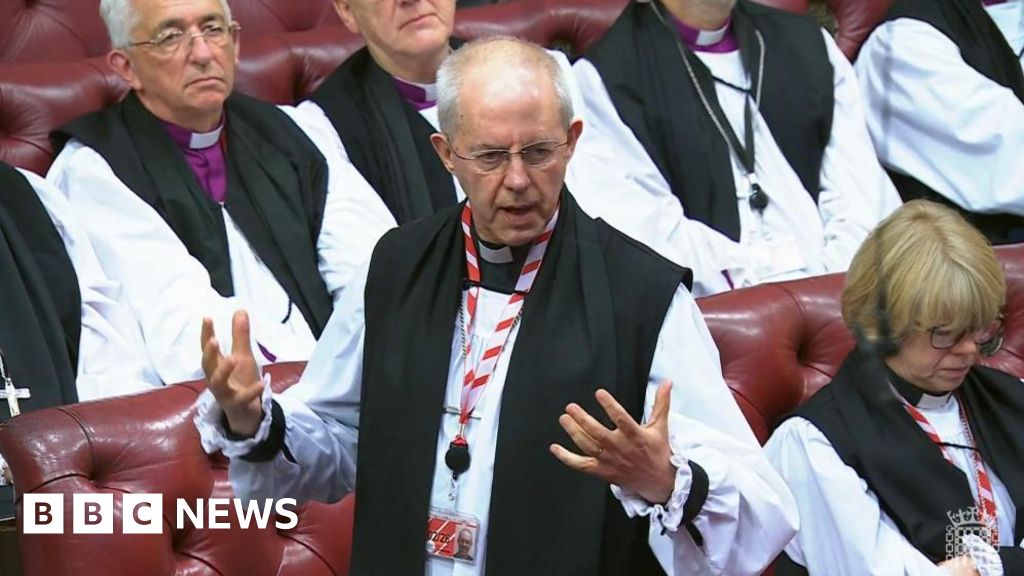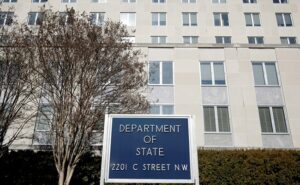
The Archbishop of Canterbury has apologised for causing “further distress” after Church of England abuse survivors criticised his Lords farewell speech for making light of serious safeguarding failures.
Justin Welby said his words, delivered to the House of Lords on Thursday, had caused further hurt to those harmed by the “heinous abuse” perpetrated by prolific child abuser John Smyth.
Mr Welby resigned in November after the damning Makin report into the abuse found he “could and should” have reported Smyth to police in 2013.
In his speech, Mr Welby told the House of Lords a head had had to roll after the publication of the review into the handling of the scandal.
The speech prompted a furious backlash from abuse victims who said it displayed no remorse for the suffering of survivors and said Welby’s delivery of jokes had struck a “frivolous” tone.
“The reality is that there comes a time if you are technically leading a particular institution or area of responsibility where the shame of what has gone wrong – whether one is personally responsible or not – must require a head to roll,” the archbishop said in the Lords on Thursday.
“And there is only, in this case, one head that rolls well enough.”
He also referred to a 14th century predecessor who had been beheaded, adding: “I hope not literally.”
In a statement on Friday, the archbishop said he wanted to “apologise wholeheartedly” for the hurt he had caused.
“I understand that my words – the things that I said, and those I omitted to say – have caused further distress for those who were traumatised, and continue to be harmed, by John Smyth’s heinous abuse, and by the far reaching effects of other perpetrators of abuse,” the statement said.
“It did not intend to overlook the experience of survivors, or to make light of the situation – and I am very sorry for having done so.
“It remains the case that I take both personal and institutional responsibility for the long and retraumatising period after 2013, and the harm that this has caused survivors.
He concluded: “I continue to feel a profound sense of shame at the Church of England’s historic safeguarding failures.”



